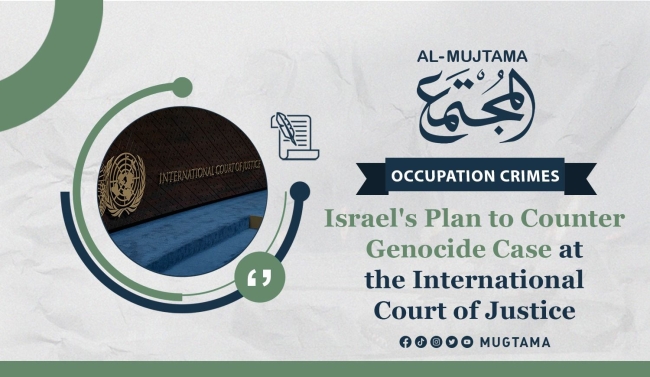Israel's Plan to Counter Genocide Case at the International Court of Justice Featured
Axios recently revealed that the Israeli Foreign Ministry has devised a plan to combat the genocide case brought against Israel at the International Court of Justice. The case, filed by South Africa, accuses Israel of committing genocide in Gaza. Let's take a closer look at Israel's diplomatic strategy and the potential consequences.
The Genocide Case
South Africa filed the case, claiming that Israel's military campaign in Gaza violates its obligations under the 1948 Genocide Convention. According to the convention, genocide refers to acts committed with the intent to destroy a national, ethnic, racial, or religious group. South Africa argues that Israel's actions in Gaza aim to destroy a significant portion of the Palestinian population in the region.
Israel's Response
Unlike previous cases, Israel has decided to appear before the court because it is a signatory to the Genocide Convention. It has appointed British lawyer Malcolm Shaw to represent its interests. However, Israel firmly rejects the case as unfounded.
Israel's Strategic Goal
Israel's diplomatic plan aims to persuade the court not to issue a judicial order demanding the suspension of its military campaign in Gaza. The Israeli Foreign Ministry's cable emphasizes the potential political, economic, and security repercussions of the court's ruling. Israel seeks public statements from diplomats and politicians worldwide, rejecting the accusations against them.
Emphasizing Humanitarian Aid
The cable instructs Israeli embassies to highlight Israel's efforts to increase humanitarian aid to Gaza and reduce civilian casualties. Israel wants the court to recognize that its actions align with international law and self-defense. Prime Minister Benjamin Netanyahu plans to send messages to numerous world leaders to garner support.
International Response
While the White House and some countries, including Turkey and Jordan, dismiss the case as baseless, others support South Africa's claims. However, even if the court issues binding orders, implementing them can be challenging, as seen in Russia's rejection of a court order regarding its invasion of Ukraine last year.
Conclusion
Israel's diplomatic plan aims to counter the genocide case at the International Court of Justice. The court's ruling will have significant implications, not only legally but also politically, economically, and security-wise. As the case unfolds, it remains to be seen how the court will respond and what impact it will have on the Israeli-Palestinian conflict.
Source: Axios


